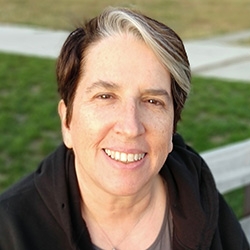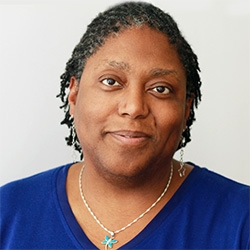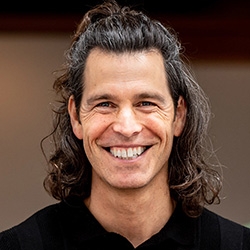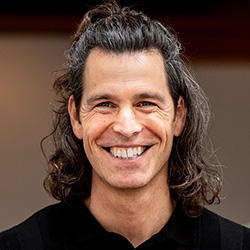

NVC Resources on Strategies
-
This exercise will help you resolve situations in which you have two needs which seem to be in conflict with each other, transforming inner conflict into peace.
-
CNVC Certified Trainer Lore Baur shares how, as a teacher, the classroom is a laboratory for learning NVC and incorporating the NVC consciousness into the classroom. Topics discussed include empathy, permission to educate, protective use of force, corrective action, choice & options and re-do.
-
A chosen, interdependent world… In most cases, that's sure not the world we live in today, is it. But it could be the world we live in tomorrow. And you can choose to be part of bringing that better world to life – to be part of a gradual, joyful transformation – simply by using the dynamic, living power of Dialogue.
-
Before you make a request you can connect fully to a time when your need was met. Notice how your request feels and sounds different from this place of aliveness. Excitement about meeting a need implies confidence and trust about moving forward together. Offer an invitation to find strategies that work for both of you.
-
How can Nonviolent Communication practices support us when we're feeling depressed? Taking a look at some characteristics of depression and how they're linked to unmet needs, we offer some steps to take that help you reconnect with life and others.
-
Here's a table outlining eight ideas people have regarding what NVC "is". It provides columns for the principle, related needs and strategies of the NVC approach. You can add to the table your own ideas for NVC approaches. Included are five sets of reflection questions to explore what speaks to you, what would expand your range of options, what brings up discomfort, and more.
-
Listen in as Dian shares her tips and sense of urgency around bringing NVC skills to work: 1) How to use your imagination (visualization!) to help you connect with somatic responses and needs; and 2) Five built-in advantages to sharing NVC in the work place.
-
Certified CNVC trainer Roxy Manning, Phd, answers a question: how to create a safe space for a first time group working on power and privileges ?
-
Listen to Yoram Mosenzan discuss requests. He asserts that we can make requests of others and that we are making requests of ourselves throughout the day. The thing that has the biggest impact is how I make requests of myself.
-
How do you solve a conflict? By not trying to solve it! Yoram suggests building your conflict resolution muscles by practicing connecting to the needs behind the conflict instead. Check out this excerpt from Session 1 of his 2021 course, Connecting in Conflict and the Art of Navigating Dialogue. Listen.

Quick Links
Subscription Preferences
Stay In Touch!
Looking for ways to keep up with NVC Academy news, get special offers, free resources, or words of inspiration? Here are five ways to stay engaged:










